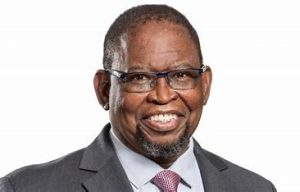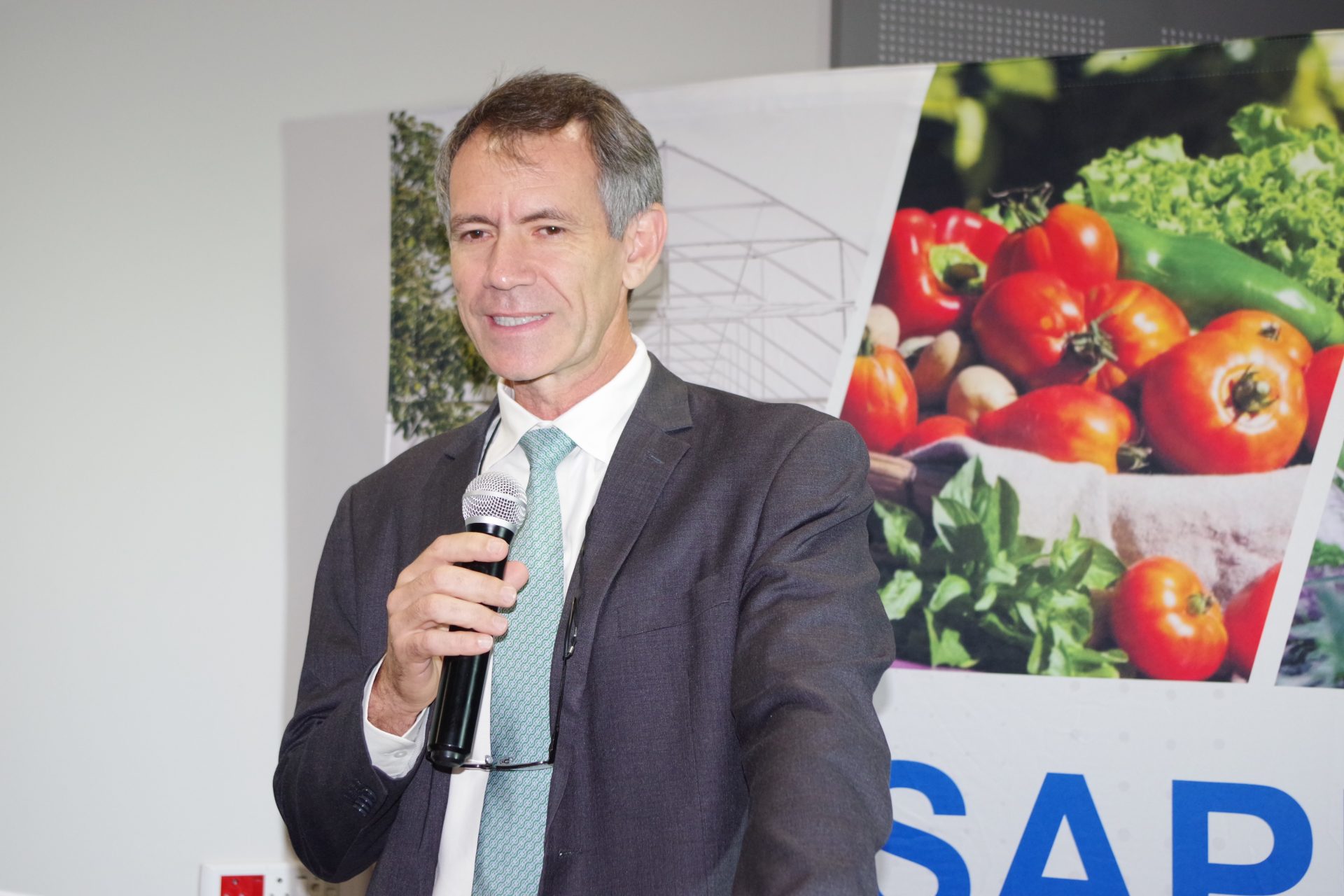By Kwanele Dhladhla
Eswatini continues to keep its fingers crossed for the South African Parliament not to pass the Value Added Tax (VAT) increase by 0.5 per cent over two years beginning from May 1, 2025.
Minister of Finance Neal Rijkenberg said even though he has tabled the VAT hike in Cabinet and received approval, they were closely monitoring South African Parliamentary debates to also halt any increase in VAT in Eswatini as well.
“Cabinet has already approved the bill which seeks to increase VAT to align with South Africa. The bill is now being prepared for tabling in Parliament.
We are also seeing that in South Africa, there are a lot of debates around the VAT increase. So, when we table in Parliament, we will make them aware that if South Africa does not go ahead with the increase, we will ask them not to approve as well at that stage,” said Rijkenberg.
RELATED: Invest 1% of VAT in free secondary education – Motshane MP
SABC News recently reported that most political parties in Parliament had rejected Finance Minister Enoch Godongwana’s 2025/2026 budget, mainly opposing the 0.5 per cent VAT increase.
The rejection was reported to be primarily based on Godongwana’s budget which, apart from the VAT increase, also proposed a hefty tax increase on alcoholic beverages and tobacco-related products. This, he said, was to raise E28 billion of much-needed revenue.
SABC News said while African National Congress (ANC) Chairperson Gwede Mantashe supported the budget, United Democratic Movement (UDM) Chief Whip Nqabayomzi Kwankwa and African Christian Democratic Party (ACDP) MP Steve Swart voiced their opposition.
“The budget talks to the issues of our people. I heard the party that says this budget is not pro-growth.
And I ask a simple question: how can you spend money on education, health infrastructure, social grants and say it’s against growth.
We are effectively paying more tax to the fiscus. One of the issues that we are concerned about is how do you budget for a VAT over two years and the plan is intended to grow the South African economy,” SABC reported.

Swart was quoted to have added, “It means there is no confidence in the plan that is being tabled here, because the minister is making a number of projections around economic growth and also financing SARS, which is very important.
We do not support the VAT increase of one percent over two years. We believe there are other ways of saving money and collecting the revenue that is due to SARS. It’s E800 billion that is due to SARS.”
Rijkenberg announced that Eswatini would expand its list of zero-rated goods to cushion consumers. He explained that the removal of VAT from these products would result in a price reduction of 15 per cent, making them more affordable for consumers.
The minister said this would particularly help cushion the poor, should South Africa’s proposed VAT increase take effect.
Rijkenberg noted that due to the country’s economic ties with its larger neighbour, Eswatini would have no choice but to follow suit to avoid complications at the border.
RELATED: Minister of ICT lauds youth innovation
He explained that 70 per cent of goods and services were imported from South Africa and similarly with exports, as 70 per cent goes to South Africa as well.
“If South Africa goes ahead with the VAT increase, we will expand our zero-rated bracket to ensure Emaswati, especially the poor, do not bear the full impact,” he said.
The minister added that government had identified several key items that would be moved from being taxed to the zero-rated category.
However, in an effort to balance tax revenues, Rijkenberg announced that condensed milk, which was currently not taxed, would now attract VAT.
While he did not provide details on the rationale behind this decision, it suggested a shift in government priorities regarding taxable goods.


